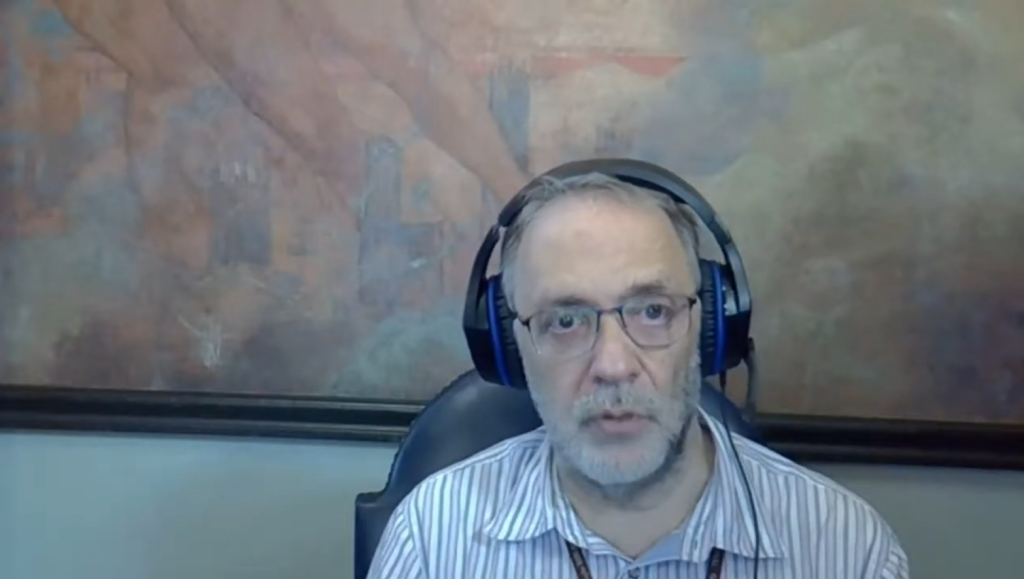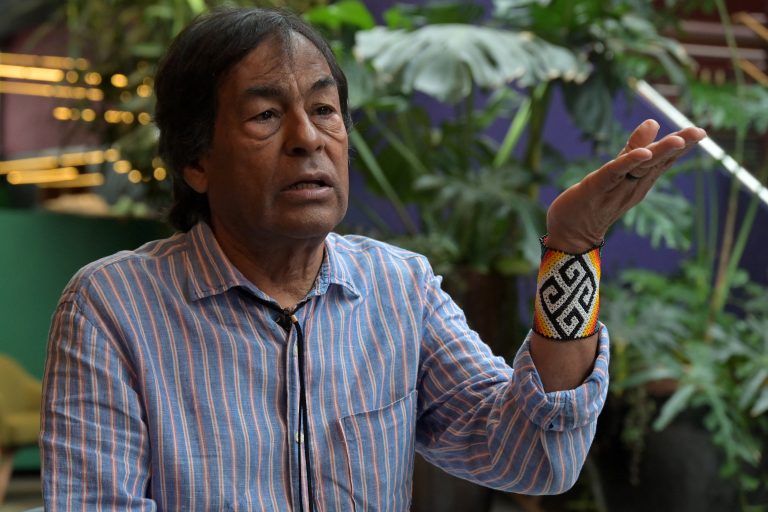São Paulo – Brazilian contemporary authors have increasingly caught the eye of international publishers and readers. Crooked Plow by Itamar Vieira Jr. is the third most translated book through the Support Program for the Translation and Publication of Brazilian Authors created by National Library of Brazil. Ancient Tillage by Raduan Nassar is the fifth most translated book in a list led by Posthumous Memoirs of Brás Cubas and Dom Casmurro by Machado de Assis (1839-1908), with The Hour of the Star by Clarice Lispector (1920-1977) ranking fourth.
Data were presented by Camila Ramos, coordinator of institutional cooperation of the Center for Cooperation and Promotion of the National Library Foundation, during the National Library’s 1st Translation Conference held on Wednesday (24). Out of the over 1,300 translation that were supported by the translation program since its establishment in 1991, 15 were for Africa and 53 for Asia. The country that received the largest number of translations through the program was France at 142, followed by Italy and Spain. Egypt is the only Arab country to appear in the survey, ranking 17th at 17 translations.
Read more:
National Library to fund translation of Brazilian books
A library from Brazil to the world
“The National Library has managed to translate not only authors from the canon but contemporary authors, too. So besides Lispector and Assis, the library has been sought for the translation of contemporary authors like Jeferson Tenório, Conceição Evaristo, Ailton Krenak. This mix of contemporary and canon is very important,” said Ramos.

The Support Program for the Translation and Publication of Brazilian Authors of the National Library of Brazil provides financial support for foreign publishers to translate books by Brazilian authors. Two tenders are floated every year for publishing houses to apply for the translation funding. From the moment they are selected, they have up to two years to publish the book. The most recent tender, floated last September, granted a total amount of BRL 1 million [USD 194,000] ranging from USD 1,000 to USD 6,000 for new translations and up to USD 3,000 for reeditions.
Igor Trabuco, head of Brazilian culture promotion actions at the Guimarães Rosa Institute, an agency affiliated with the Ministry of Foreign Affairs, said the “Brazilian literary ecosystem” shows the world a Brazil beyond stereotypes. “Translation programs act as a soft power tool, allowing Brazil to influence other cultures and societies through literature. And this can certainly strengthen ties with other countries, besides promoting a positive image of Brazil by opening doors for wider, denser and more structured cultural dialogues,” he said.
Essays, short stories, and novels by Brazil’s contemporary authors
The online event also featured Andréia Guerini, curator of the Machado de Assis Magazine published by the National Library, which has sought to present in its latest edition short stories, essays, poems, and excerpts from novels by award-winning Brazilian classical and contemporary authors in editions in Portuguese and Spanish. Another session of seminar was titled “Interculturality, Regionalism, and Indigenous Peoples.”
“Translation programs act as a soft power tool, allowing Brazil to influence other cultures and societies through literature.”
Igor Trabuco, head of Brazilian culture promotion actions at the Guimarães Rosa Institute
Guimarães Rosa Institute
National Library Foundation President Marco Lucchesi gave a brief presentation pointing out that the library has negotiated a new mutual cooperation protocol with the Library of Alexandria in Egypt as well as a recently signed agreement with the Vatican Library and ongoing talks with institutions from Colombia and Cuba as part of a multipronged initiative he describes as “book diplomacy” for culture and peace promotion.
You can watch the full seminar on YouTube.
Translated by Guilherme Miranda




